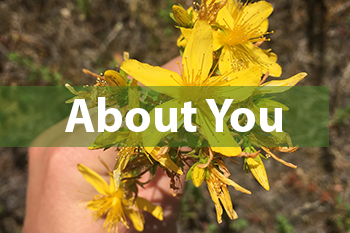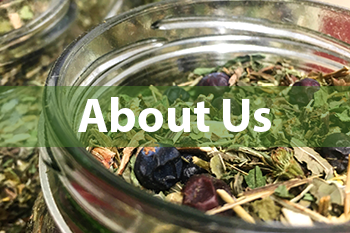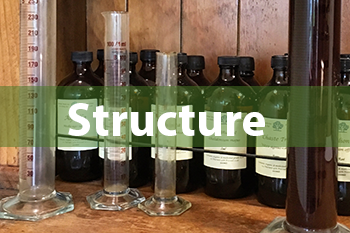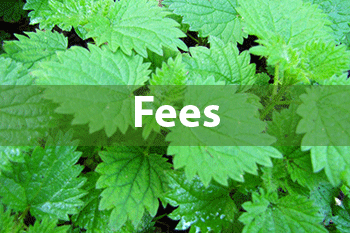Certificate & Diploma Herbal Medicine Courses NZ
Herbal Medicine Course Structure
Through multi-platform, immersive online herbal education courses, with careful assessment and strong support, we have created clinically relevant learning journeys to help the student achieve their goals, whether that be learning how to be a good herbalist for their friends, family and extended circle, all the way up to learning how to become a good, safe and effective medical herbalist for their wider community.


Estimated Time
The estimated time required for study is going to vary a great deal, because it depends on the student’s ability to commit their time to the process as well as their speed in absorbing new ideas and information. The broad estimates below are based on an assumption that the student will be continuing to work to at least some degree and that their study time will be in addition to this.
Time for study includes watching videos, listening to audios, reading books, completing assignments and engaging in experiential learning. Some students, especially if they can commit a lot more time to their study, will be able to complete our courses faster. Some students, because of their work or other commitments, will take longer to complete our courses. It is no problem either way.
Certificate in Herbal Medicine
6 to 18 months.
Diploma of Medical Herbalism
3 to 6 years. More details on the Diploma Curriculum can be found here
Education
The Diploma is achieved through 4 key learning streams
- Educational Videos
- Paul Bergner’s lectures
- Research projects
- Experiential learning
Assessment
There are three ways in which Diploma students will be assessed
- Assignments
- Exams
- Case-studies
Support
Students are further supported in two key ways
- The forum
- Mentoring
Education
Herbal Medicine Courses – the 4 streams of learning
- Educational Videos
- Paul Bergner’s Courses
- Recommended Reading
- Experiential learning
Health Science
Plant Science
History & Philosophy
Nature Study
Read the more detailed notes in the diploma curriculum to get a better understanding of what these projects entail but the key point to convey here is that by being able to choose what they are most interested to learn more about, the student can form the most positive engagement with their own enquiry and so have every reason to truly engage with and enjoy the process!
4) Experiential Learning

In-Person Workshops
After running for four years, SIMH hosted its first immersive four-day workshop in Christchurch in April 2021. It was hugely successful and we have run these events once or twice a year ever since.
Our workshops are a deeply immersive learning experience and a highlight of the year for those who attend. The primary goal is to develop confidence in clinical skills for those who have the intention to complete the Diploma programme in order to become medical herbalists.
To learn more, you can see a detailed report from one of our workshops in September 2022 workshop click here


Assessment
Certificate students only need to complete the comprehensive assignment work in each of the three coursebooks in order to achieve their Certificate of Herbal Medicine
Diploma students also have comprehensive assignment work to complete. They will also receive assessment via research projects, written exams, case-studies and personal mentoring. Again, more details are in the Diploma Curriculum found here.
Support
Students are supported in two key ways
- Forum
- Mentoring
Forum
The forum is an open, friendly place to ask questions and share experiences, resources and case studies. The teachers will regularly come on to the forum to participate and students are also encouraged to share their points of view and to learn from each other. Richard runs a diploma study group that meets online most months and Danielle also runs a regular online gathering nearly every month that all students are welcome to participate in.
Mentoring
No two practitioners of natural medicine are ever the same. Likewise, it is understood that each student will have their own unique path to becoming a good, safe and effective herbalist.
Individual mentoring is a vital part of the Diploma courses and, as the journey progresses, students will be directed towards further learning in the areas that they and we identify as needing more attention.

|
© Copyright 2025 Southern Institute of Medical Herbalism |




